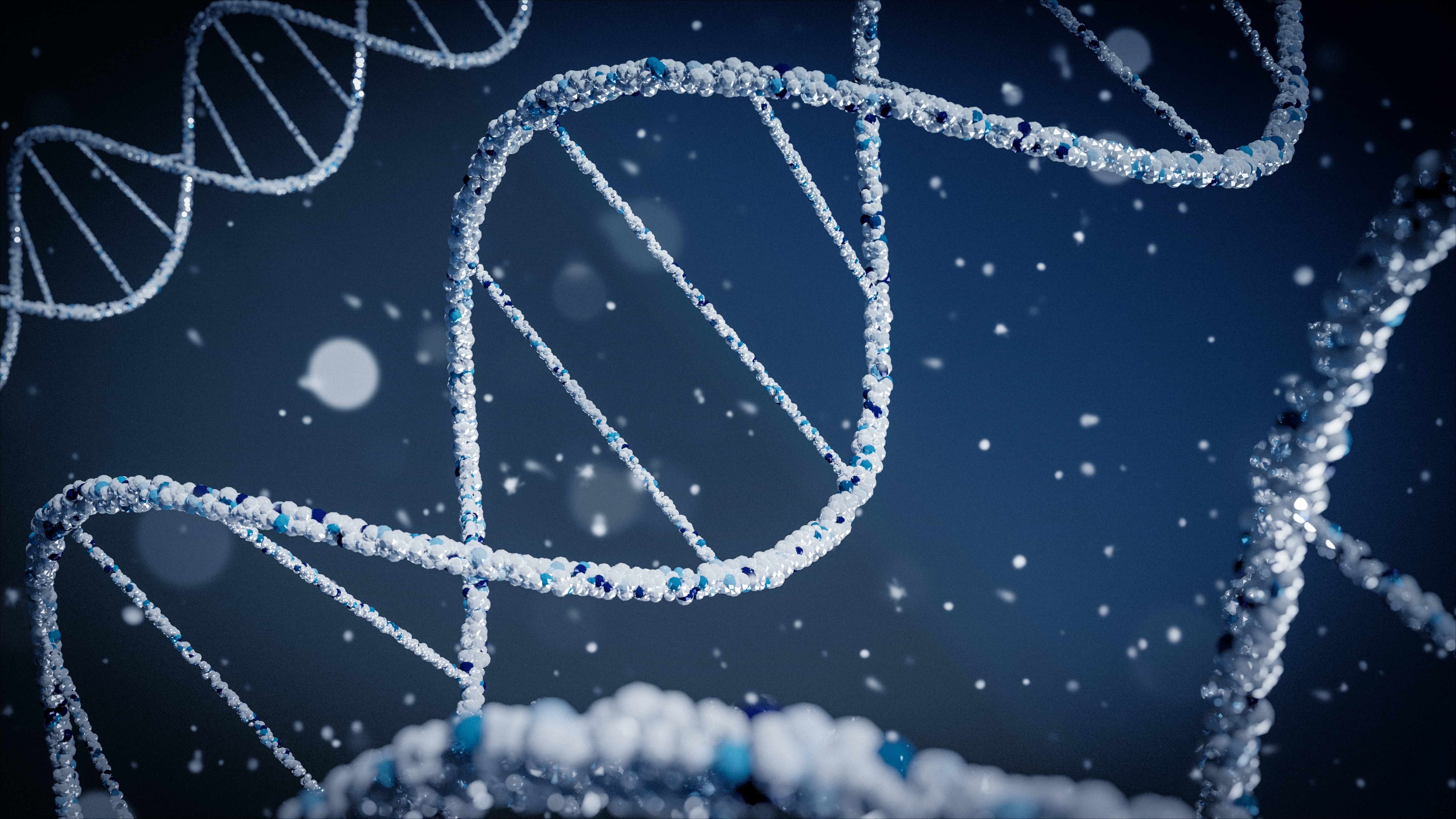Intergenerational Trauma: Healing from the Legacy of Inherited Family Trauma
Feb 27, 2023
“When an inner situation is not made conscious, it happens outside as fate.”
– Carl Jung
“Pain is passed through the family line until someone is ready to feel it, heal it and let it go.”
– Phoebe Garnsworthy
When we talk about trauma, we often think about events that happen in our lives. But what if we can pass it down from one generation to the next?
This is called intergenerational trauma, and it can have a devastating effect on individuals and families. But the right strategies can also bring about complete healing and closure.
What Is Intergenerational Trauma?
Also called ancestral or family trauma, intergenerational trauma happens when the cause and effect of a traumatic event pass down from one generation to the other. In the process, it accumulates and becomes magnified, making healing more challenging.
Many factors contribute to intergenerational trauma, including:
- historical events, such as war or natural disasters
- genocide
- slavery
- unspeakable family secrets
- hidden family shame
- violence
All of these can lead to physical and emotional injuries that you – or your posterity – may experience unless you (or they) can break the cycle, find healing, and eventually get closure from the traumatic source.
How Do Ancestors Pass Down Trauma?
Children can experience or feel the same trauma as their parents or grandparents in various ways:
1. Verbal Storytelling
When a family member or close friend talks about their traumatic experience, it can trigger memories or feelings in the listener.
For example, if your grandfather told you stories about his time in the war, you might have nightmares or feel anxious when you hear loud noises.
On the other hand, if your mother never talked about her childhood trauma with you, you might suppress memories of it until something happens that triggers them.
2. Cultural Traditions and Practices
Older generations may also pass down the effects of a traumatic event through their family culture, beliefs, and practices.
Some families might avoid discussing certain topics, such as violence or family secrets, to prevent upsetting anyone or reopening old wounds.
Others might practice traditions that are painful to participate in, such as fasting during mourning or self-harm as part of a coming-of-age ritual. And some might teach their children to distrust people outside of the family or community, instilling a sense of paranoia or fear.

3. Epigenetics
At its core, epigenetics studies how natural and environmental factors can influence gene expression without altering the DNA sequence. It is an emerging field of research that explores how our behaviors and external stimuli can have lasting effects on how our genes function—like trauma.
One of the factors that might have a direct impact on epigenetics is trauma. For instance, studies have found that not only do parental behaviors and moods influence a child's development, but so do direct experiences of trauma, such as abuse or exposure to war zones.
Other experts have also learned that epigenetics might also explain multigenerational poverty. For instance, children of poor parents are more likely to have lower IQ scores, poorer health, and reduced cognitive abilities.
Thus, while epigenetics is still a new area of research, its findings hold significant implications for understanding intergenerational trauma and working toward healing across multiple generations.
The Devastating Effects of Intergenerational Trauma
Intergenerational trauma can display in many ways:
- physical health problems, such as heart disease, obesity, and chronic pain
- mental health issues, such as anxiety, depression, and post-traumatic stress disorder (PTSD)
- substance abuse
- disrupted attachment bonds
- interpersonal difficulties
- poor self-image or self-hatred
- generational cycles of violence, abuse, and neglect
The effects can also be subtle. For example, you might have difficulty trusting people or feel like you're constantly on edge. You might also find yourself attracted to partners who are abusive or unavailable, thinking that's what love looks like because it's all you've ever seen.
Likewise, you might parent your children in the same way that you were parented, even if you swore you would never do that to your kids.
When left unaddressed, intergenerational trauma can continue to cause damage for generations to come. However, there is hope for healing.
How to Break the Cycle of Ancestral Trauma
The effects of family trauma are lingering, but you have the power and the ability to end it once and for all. The journey is difficult, but with the right techniques and support, you can finally begin to break free from the emotional and physical pain it has caused you.
One of the effective steps you can take is to develop more awareness of the bodily changes the trauma creates.
Try this exercise:
- Sit comfortably with your eyes closed.
- Relax your whole body and take slow, deep breaths. Inhale through your nose and exhale through your mouth. Repeat for a few minutes.
- Now, bring your awareness to any physical sensations you feel in your body when you think about the trauma. Do you feel a tight chest, a racing heart, or butterflies in your stomach?
- Allow yourself to feel them and breathe into them. Don't try to push them away. Just be with the experience.
- And now, from this place of deep internal connection, imagine an ancestor – whether your parent, grandparent, or someone much earlier down the line – standing before you, seeing you, and saying:
“This is too much for any child to bear.
It is time for it to return to me, where it belongs.
Then we are both free.”
- And then, just notice what happens – in your body, your mind. Just observe and let go.

Photo by Shot by Cerqueira on Unsplash
“There are no individuals in the world, only fragments of families.” — Carl Whitaker.
Because trauma is so ingrained in our family systems, it sometimes manifests in your body, and you hardly notice the physical signs when they start to happen.
But when you learn to give them back to our ancestors, and allow them to carry and hold the suffering that belongs to them, we can sometimes find freedom from the suffering and release the trauma that has been passed down.
Most of all, you can start to understand and accept that the feelings that come up may be part of an inherited legacy. This is an important step because it can help prevent you from numbing out or dissociating when difficult emotions arise – and reconnect again with the inherent power of your intergenerational line.
After a meditation like this, especially if it is intense, it is sometimes helpful to “land slowly.” Some things that you can try include:
- Grounding. When feeling overwhelmed, return to the present moment and focus on your senses. Identify five things you see, four things you feel, three things you hear, two things you smell, and one thing you taste.
- Expressive writing. Describe the trauma in a safe space without judgment. You can write about what happened, how it made you feel, and what you would say to the person who caused the trauma.
- Yoga. This mind-body practice helps release tension from your body and connect with your inner self. Spend at least 15 minutes on the mat, focusing on your breath and moving slowly through the poses.
Conclusion
If you're struggling with the effects of intergenerational trauma, know that you're not alone. Many people have been through similar experiences and have found ways to heal.
You deserve to live a life free from the pain of your past. With time, patience, and practice, you can begin to let go of the trauma and create a new legacy for yourself and your family.
Lead photo credit: Tyler Nix @ Unsplash
Sign up for our Newsletter
Keep up with our latest offerings and events. Stay connected with community.
No spam. Ever.



